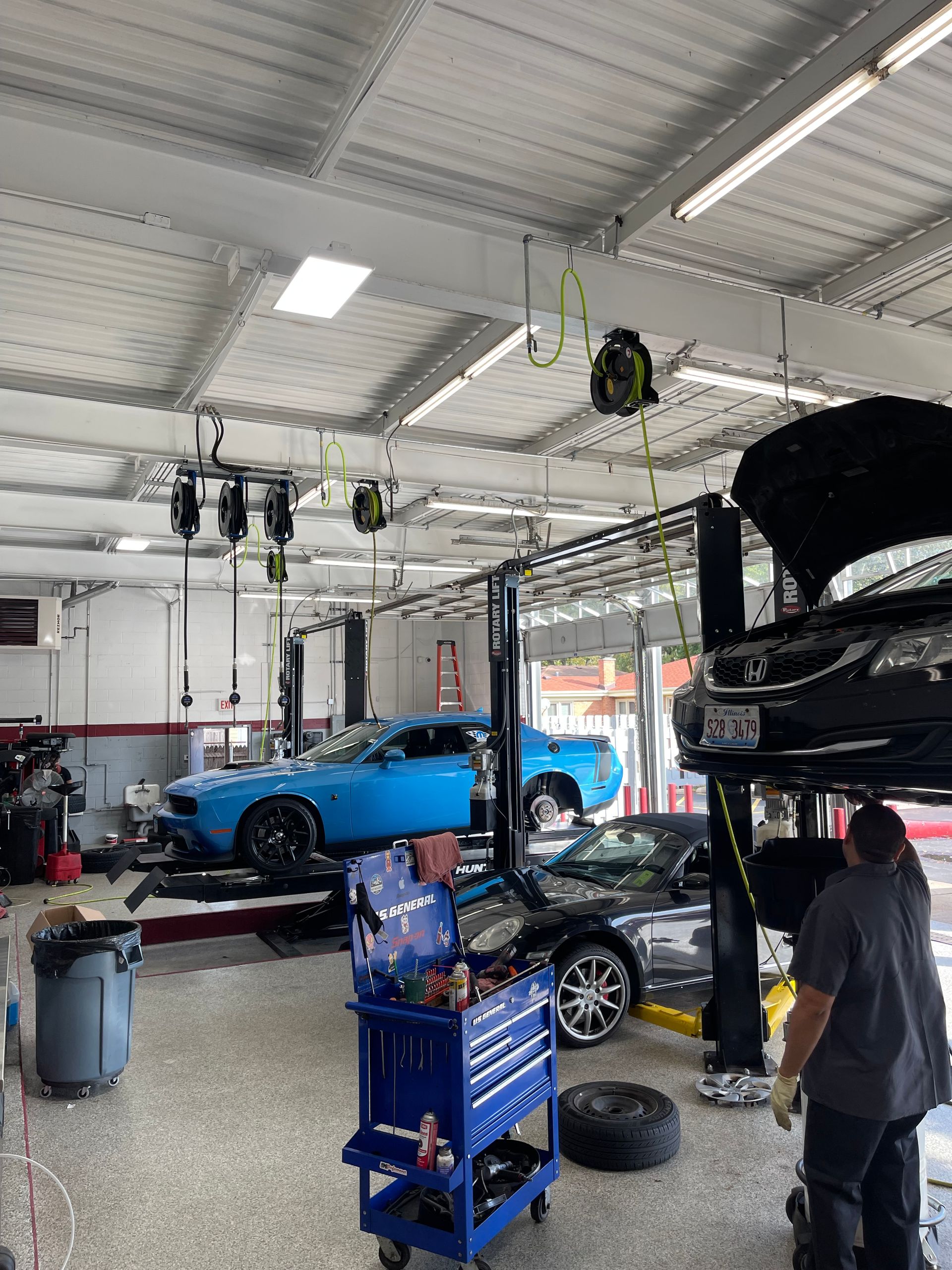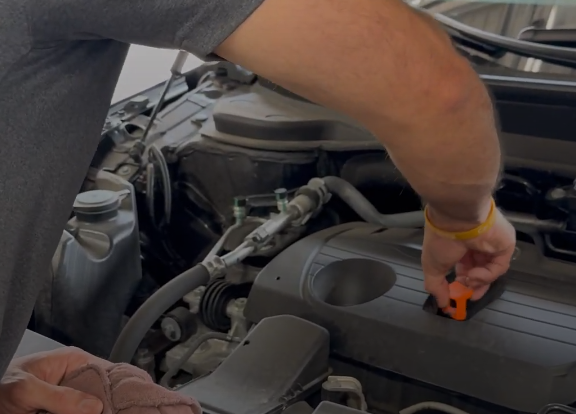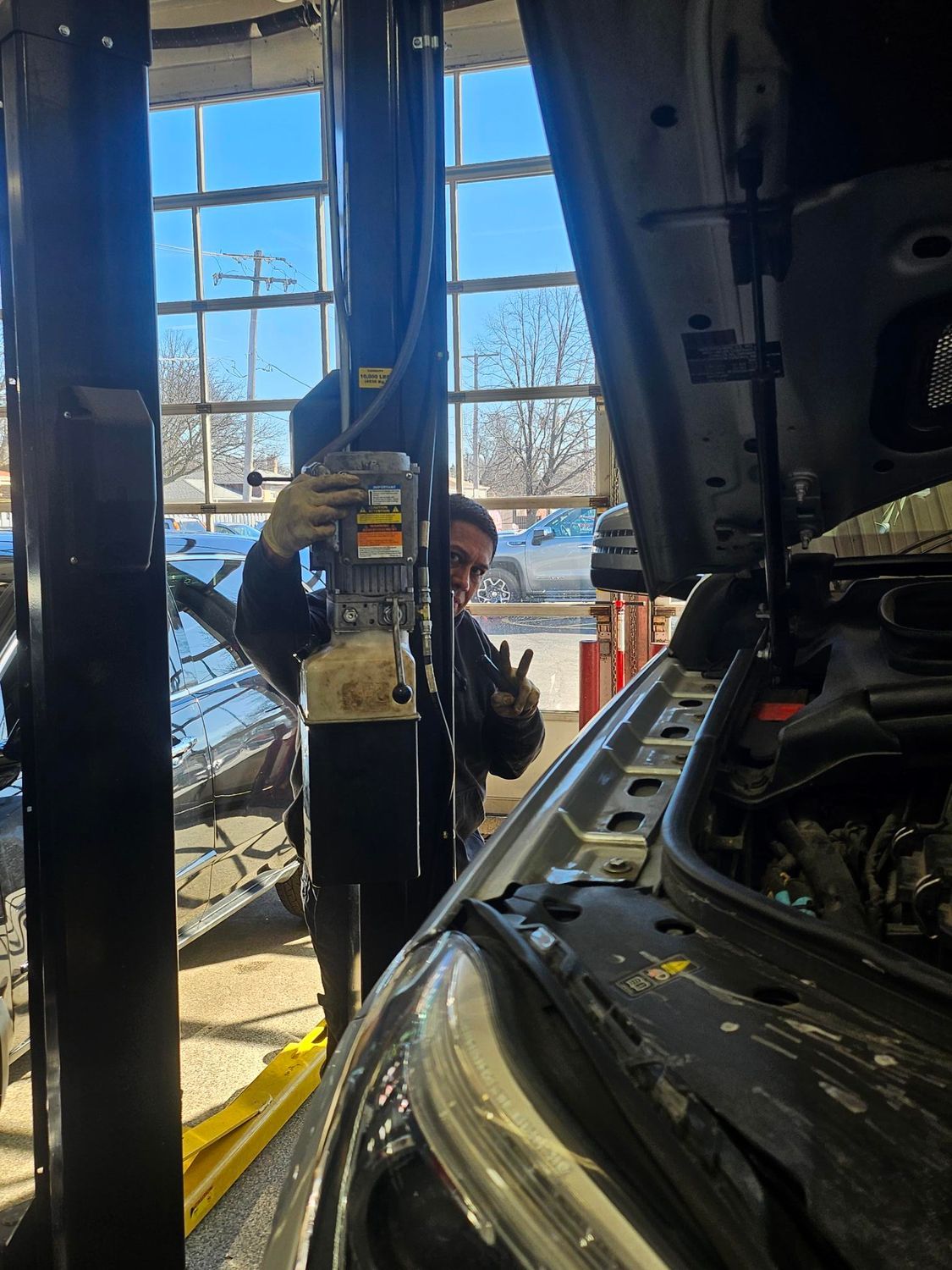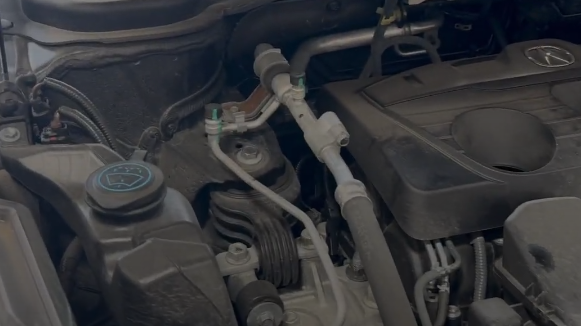Our Blog
Discover expert engine and transmission care at ProAuto in Morton Grove, IL. Enhance vehicle performance and lifespan. Schedule an online appointment now!
Discover brake maintenance tips from ProAuto in Morton Grove, IL. Learn when to repair or replace brakes. Schedule an online appointment now!
Expert electrical auto repair by ProAuto in Morton Grove, IL. Ensure your vehicle's safety and performance. Visit us for top-notch service today!
Discover expert auto A/C & heating tips at ProAuto in Morton Grove, IL. Experience reliable car climate control solutions. Visit us today!
Discover top-notch oil change services at ProAuto, Morton Grove, IL. Enhance engine health and performance. Visit us today or schedule an online appointment now!

The 1960s was a golden age for American muscle cars, a time when speed and power ruled the roads. This decade saw the birth of some of the most iconic vehicles that still capture the hearts of car enthusiasts today. Here’s a look at ten muscle machines that truly mattered during this transformative period.

As responsible car owners, we strive to keep our vehicles running smoothly through routine maintenance. However, even with the best care, our cars can sometimes signal that something is amiss and requires immediate attention from a qualified mechanic. Ignoring these warning signs can not only compromise your safety but also lead to more extensive and expensive repairs down the road.












